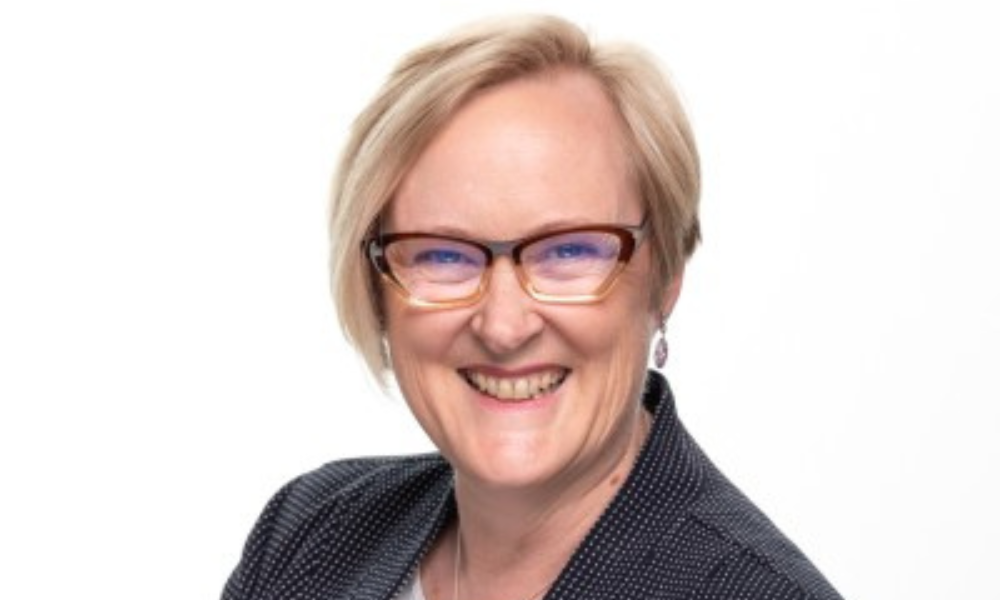
'We've made DE&I and employee experience a real building block of our business,' says HR head

The pandemic caused a three-year hiatus in business for the Flight Centre Travel Group as much of the world shut down for travel.
But one of the positives to have come from such a trying time has been the ability to take stock, assess, and strengthen the foundations of the company’s HR strategy, says Allisa O’Connell, Head of People and Culture for Australia.
That’s meant putting a focus on its DE&I programme and employee experience, embracing a new approach called “Come as you are.” Under this banner, says O’Connell, everyone at Flight Centre knows they can be free to be themselves, feel welcome, and belong.
This is not only critical but is something that she strongly believes will take the organisation forward.
“As we opened our businesses again and regrew, we knew that DE&I was going to be a fundamental building block to who we wanted to come back as,” she says.
“We had always had some great diversity stats in Flight Centre Travel Group - 74% of our employees are female; we also knew we had other minorities that we wanted to make sure felt recognised, acknowledged, and that we had a really strong position on. So, over the last three years, as we've reopened business, we've made DE&I and employee experience a real building block of our business to return to.”
As part of the “Come as you are” policy, the organisation has worked hard on five key pillars: Pride - with over 30% of employees acknowledging they are part of the LGBTQI community; “Womenwise” representing and supporting women; people with different abilities; “flavour of the world” embracing the different cultures’ and ‘through the ages’ acknowledging the contribution of diversity of generations.
Learning more about the people in the workplace is the best place to start creating a successful DE&I programme, says O’Connell.
“Understanding what the makeup of the demographic of your people is and what they're passionate about… asking people first and foremost what they're interested in, what's important to them, means that you're not just doing something that's an initiative from HR and people and culture.”
Once that’s in place, the findings can be used to show the executive team the value it provides in terms of not just attracting talent, but also staff retention rates, she says.
“Longevity has got to be a great thing in today's work and labour markets - how people hang around for a long time. So do things that people identify with and feel good about, and makes them feel great about workplace.”
It’s also about understanding that you do have two audiences, says O’Connell.
“You have drivers that your executive team need to get behind but you also actually have a workforce of people who desperately want to be recognized and feel like they belong in their workplace so it’s purposeful and meaningful to them.
“The meeting of those two drivers is where to start and I think knowing who your people are is first cab off the rank to get things going.”
As well as improved attraction and retention of people, this inclusive environment makes for better decision making, better commercial outcomes, she says.
“When people understand it's important to be in a workplace where they feel they belong, and an executive team understands why we need to create workplaces where everyone belongs, you have a really great environment to create diversity, inclusion and equity,” says O’Connell.
“It can't just be a bottom-up initiative, it needs to be top-down and bottom-up, and that meeting in the middle.”
Reflecting on her career in HR, O’Connell says one key factor has been knowing she can draw on the expertise of other experts in the business to help create effective outcomes.
“The game changer for me, stepping into a people and culture role out of operations, was to have the awareness that I don't have to be the expert, I just need to provide the right environment and great leadership for people to thrive.
“I think where I act at my best is where I'm facilitating the best possible environment for my experts.”